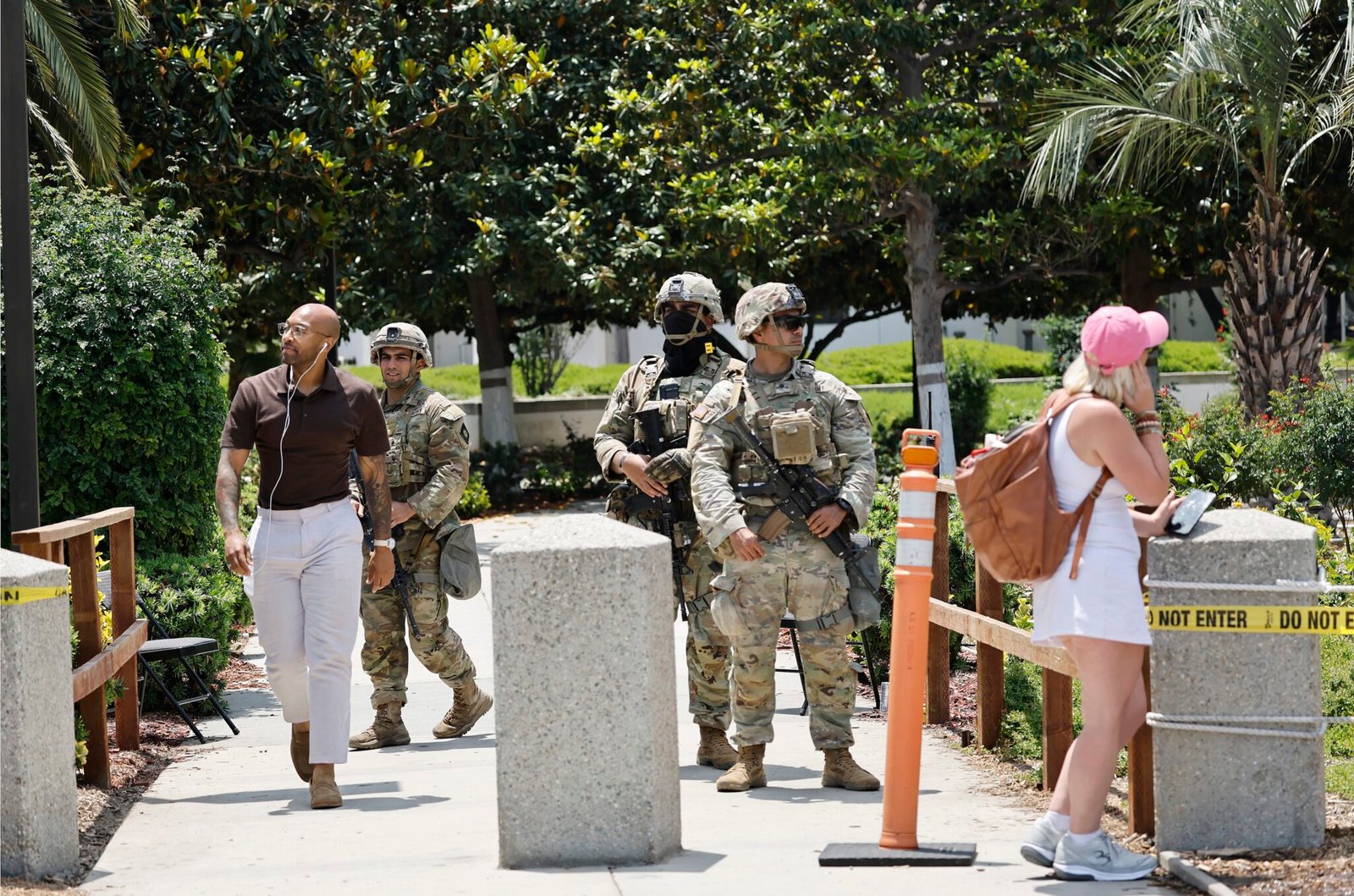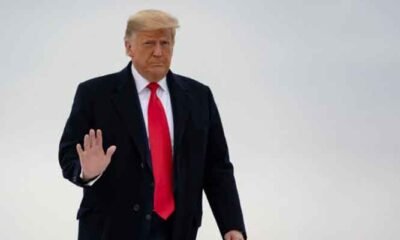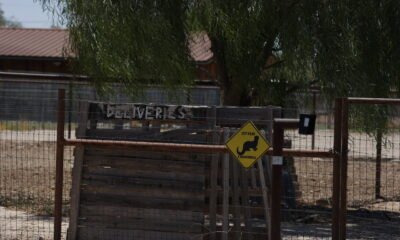9th U.S. Circuit Court of Appeals
Vance Heads to LA Following Trump Admin’s Court Win in National Guard Dispute

Vice President J.D. Vance visited Los Angeles on Friday, celebrating a recent federal appeals court decision. The Ninth Circuit ruled that the administration could maintain control over California National Guard troops dispatched to the city amid protests against immigration enforcement.
President Donald Trump hailed the decision as a significant victory, emphasizing his authority to deploy National Guard forces. This ruling is seen as a pivotal moment for the administration, which had faced a lower court’s directive to return command of the troops to California Governor Gavin Newsom.
Vance’s itinerary included a visit to an FBI building supporting U.S. Immigration and Customs Enforcement (ICE), discussions with law enforcement authorities, and a meeting with U.S. Marines. This trip followed the appeals court’s ruling, asserting that Trump could retain command of the 4,000 National Guard personnel during ongoing legal challenges.
The appeals court’s unanimous decision underscored the president’s discretion in federalizing National Guard troops. The ruling dismissed claims from Newsom, who asserted that the troop presence exacerbated tensions between protesters and law enforcement.
Judges ruled that the federal government holds the authority to deploy troops, regardless of state consent. The court found that the state’s objections pertained more to policy than to legal authority, a distinction made clear in their opinion.
California’s legal team had contended that Trump’s deployment order did not meet specific statutory conditions for federalization. The Ninth Circuit panel invalidated these arguments, noting historical context and judicial precedent supporting the president’s authority to act in such circumstances.
In their analysis, judges referenced prior rulings that grant deference to presidential decisions regarding law enforcement and emergencies. Evidence presented by the federal government, including incidents of violence against ICE personnel and property, was deemed sufficient to justify the deployment.
Trump took to social media to comment on the ruling, framing it as a broader issue of public safety across the nation. He criticized Newsom’s leadership while positioning his administration as a necessary force for law enforcement when local agencies fall short.
Democratic leaders have expressed concerns over the implications of using the National Guard for federal purposes, viewing it as a threat to state authority. They argue that such actions could impede their ability to respond to local issues, including drug crises and natural disasters.
The court acknowledged that the Justice Department’s argument—claiming presidential actions could never be challenged—was overly broad. In response, Newsom reaffirmed his commitment to pursue legal avenues regarding the National Guard’s federalization.
As proceedings move forward, U.S. District Judge Charles Breyer has postponed previously scheduled arguments, anticipating that the case could be further contested under the Posse Comitatus Act, which restricts military involvement in domestic law enforcement.


















